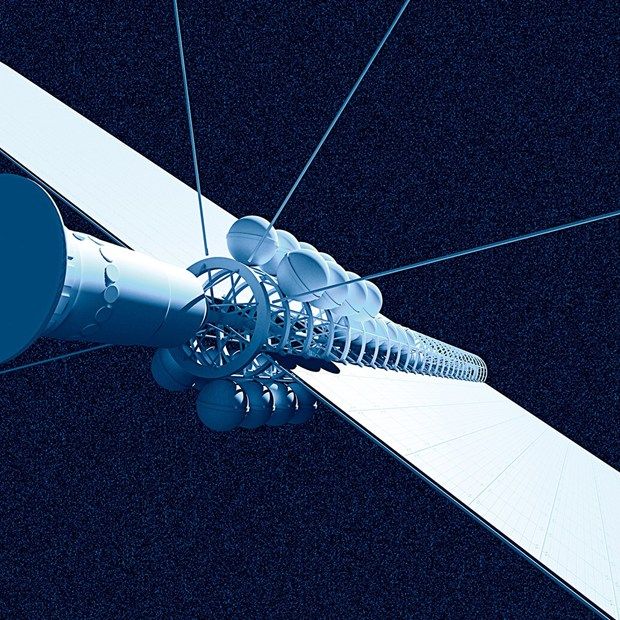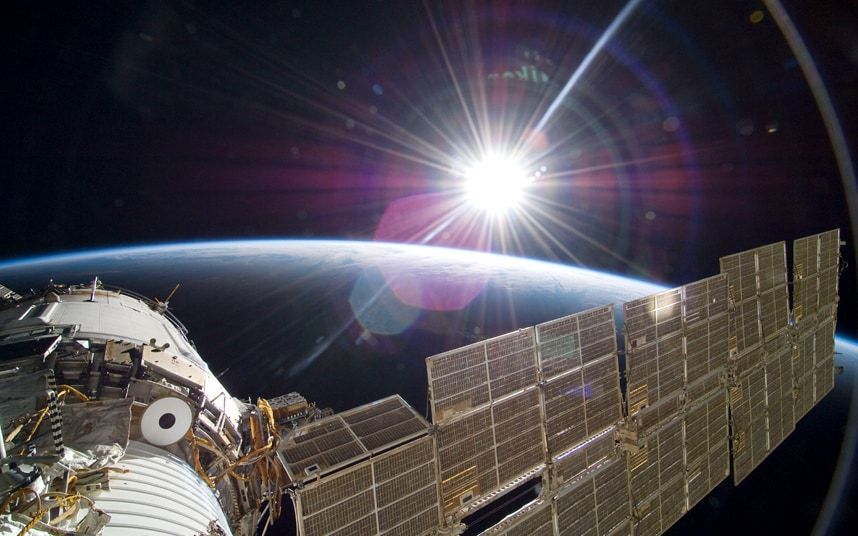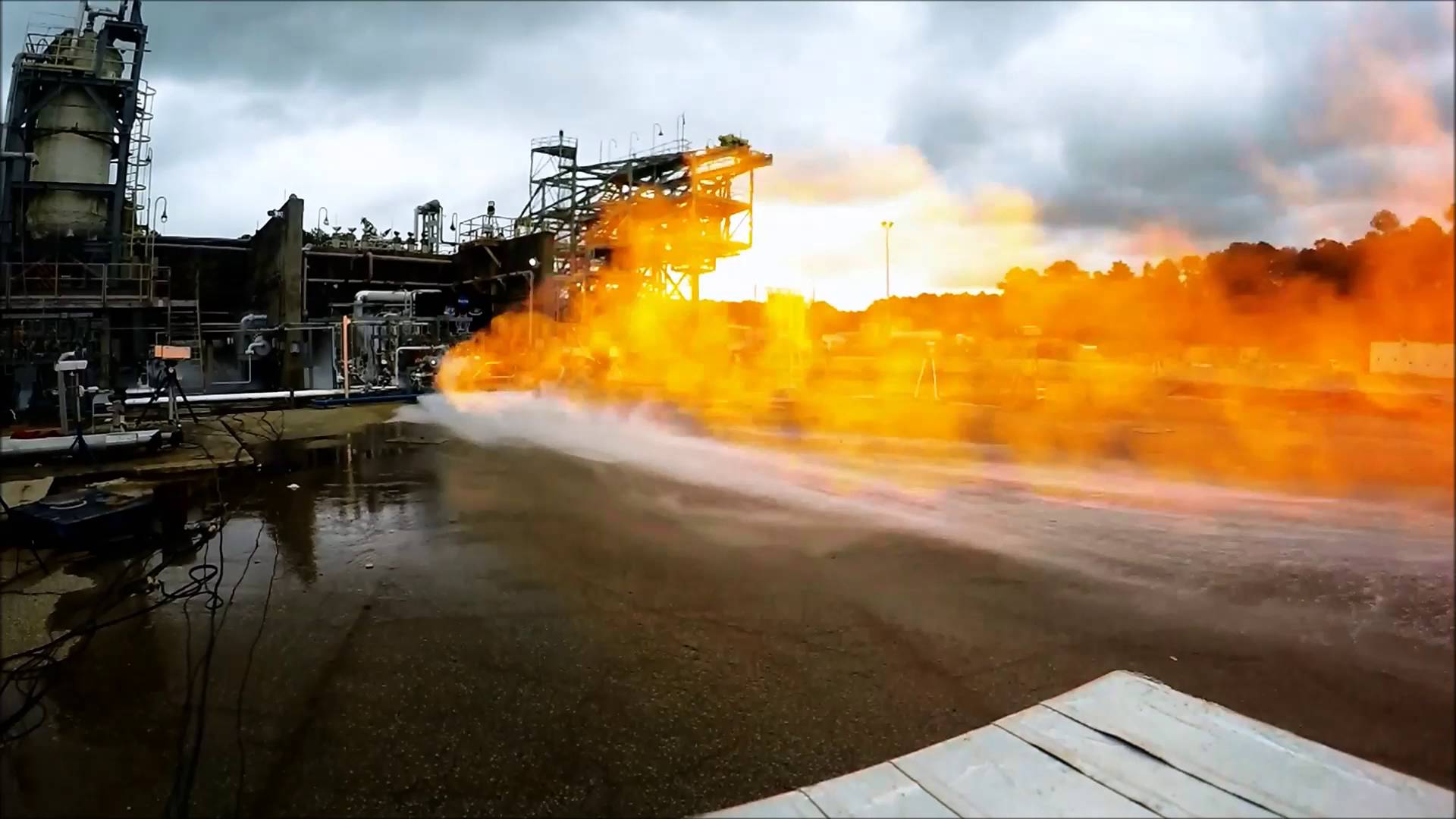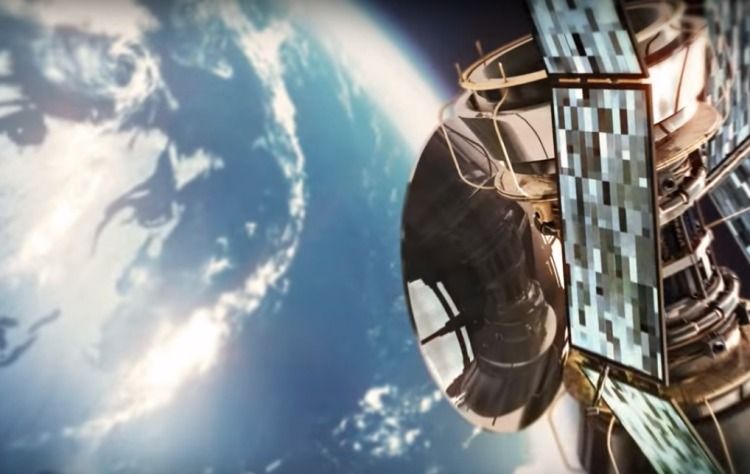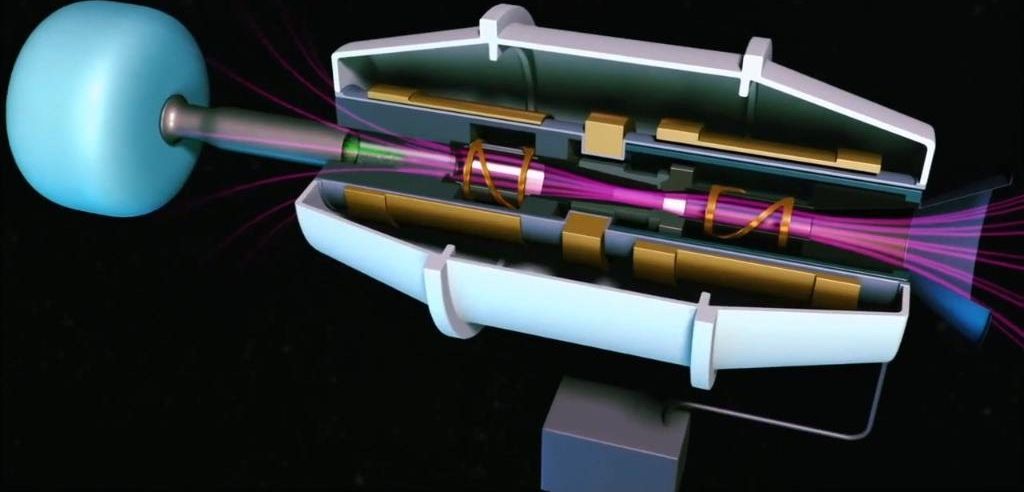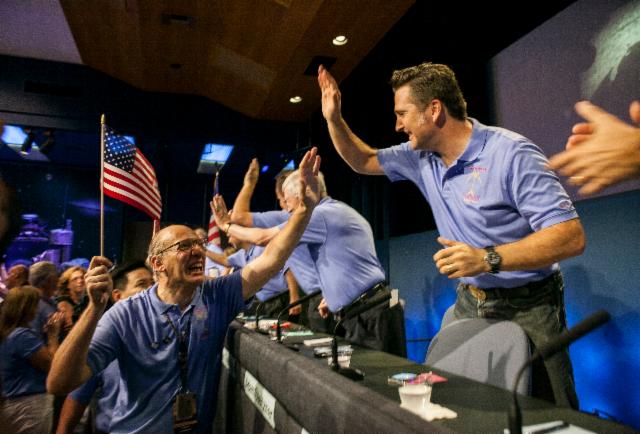
Interstellar is one of the best sci-fi movies of the last decade, imagining a post-apocalyptic human population that needs to be saved from a dying Earth. A nearby black hole has the answers to humanity’s problems, and the brilliant script tells us we can enter a black hole and then use it to transcend space and time. In the film, the black hole also leaks out information that can save us, and it is captured by a complex computer as it’s being entered. That might seem implausible, but since we don’t know a lot about how black holes work, we can certainly accept such an outlandish proposition in the context of the movie.
In real life, however, physicists are trying to figure out how to access the secrets of a black hole. And it looks like some researchers have a theory to retrieve information from it, though it’s not quite as exciting as the complex bookcase that Interstellar proposes.
DON’T MISS: The biggest ‘Star Wars: The Force Awakens’ plot holes explained
Continue reading “Researchers say retrieving information from a black hole might be possible” »
